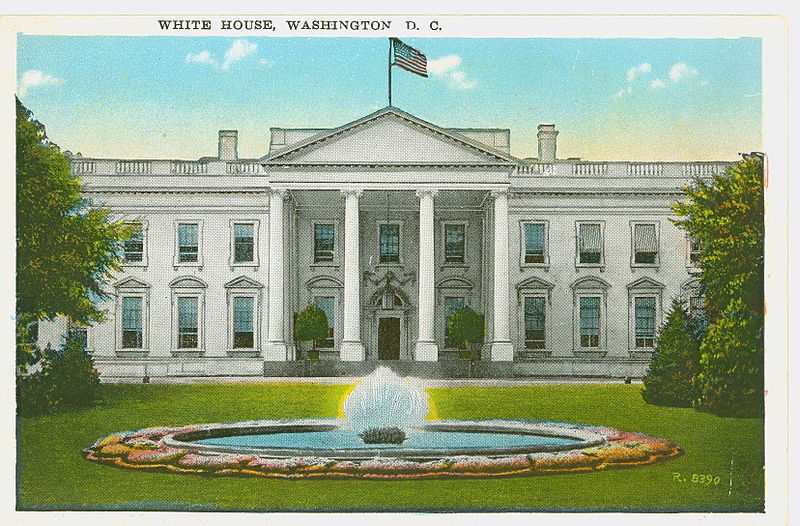 Since the end of the Cold War in 1991, the balance of power swayed in favour of the United States. While the ruling elite of the United States seem to have benefited from this change in fortune, the rest of the world has had mixed consequences since the end of the Cold War. Political commentators agree that the demise of the Soviet Union heralded a new world order which held promise and threat to global harmony and prosperity. The rest of the essay will foray into the deeper implications of this new world order for allies and enemy states alike.
Since the end of the Cold War in 1991, the balance of power swayed in favour of the United States. While the ruling elite of the United States seem to have benefited from this change in fortune, the rest of the world has had mixed consequences since the end of the Cold War. Political commentators agree that the demise of the Soviet Union heralded a new world order which held promise and threat to global harmony and prosperity. The rest of the essay will foray into the deeper implications of this new world order for allies and enemy states alike.
To begin with, let us consider the very first act of military intervention that the United States undertook as the sole superpower – the Gulf War of 1991. While the pentagon could muster a justification for sending troops over to the Persian Gulf, the war’s aftermath proved to be a public relations disaster and diminished the stature of the United States in global diplomacy. This also provides for an interesting case study on the motives, ethics and modus operandi of government agencies and media organizations within the United States. Critics have pointed out how commercial interests of American Corporations have hijacked a supposedly democratic mission. In other words, it is an open secret that the middle-east region is of strategic importance. Any country with aspirations to dominate the world will have to have “control” over the region’s resources (read oil) and governments. The United States, the only superpower at the time, was not above this ambition. Noted American intellectual Noam Chomsky points to glaring misinformation released by the White House in his book “What Uncle Sam Really Wants”. In Chomsky’s own words,
“The US wasn’t upholding any high principle in the Gulf, nor was any other state. The reason for the unprecedented response to Saddam Hussein wasn’t his brutal aggression — it was because he stepped on the wrong toes. Saddam Hussein is a murderous gangster — exactly as he was before the Gulf War, when he was our friend and favoured trading partner. His invasion of Kuwait was certainly an atrocity, but well within the range of many similar crimes conducted by the US and its allies, and nowhere near as terrible as some.” (Chomsky, 1993, p.48)
Following this inauspicious start as the centre of a uni-polar world, the reputation of the United States steadily declined ever since. The sentiments of people outside of the United States in this debate are understandable. For example, there are widespread concerns regarding American hegemony in general and its foreign policies in particular. The adoption of a philosophy of unilateral action made the concerns all the more real. American policies tended to focus heavily on its security. The rationale was that if the only superpower in the world were to be secure, world security as such will advance. This sounds reasonable at a theoretical level. But the actual results tell a different story (Allen, 2003, p.25).
This unilateral decision making framework almost all American governments since the end of the Cold War has made a mockery of the United Nations and its attempts to bring world peace. Let us consider the legality of the recent intervention in Iraq on the premises of Weapons of Mass Destruction. The meaning of Article 51 of the UN Charter is of relevance in determining the legitimacy of the war in Iraq. Most legal professionals and civil law experts agree that the words “armed attack” mentioned in Article 51 of the 1945 edition must be read literally. In other words, there must have been material damages suffered by the affected nation before there can be a legitimate military response against the instigator. But there is a problem with such an interpretation. The weaponry and military systems of now are far more advanced than the ones used in 1945. Similarly, international consensus, as provided by the United Nations, was absent during the Second World War. With the acquisition of nuclear technology, a country can annihilate its target with the push of a button. All it takes is a few seconds and there is virtually no time to defend or respond. The judiciary is now gaining an understanding of this new reality and hence has come to accept “pre-emptive or anticipatory military action” as a lawful one. Without such proactive actions international peace and security will be jeopardized. So, if the U.N. Charter were to be read literally, the Iraq war is illegitimate. But, when it is placed in the context of advances in military technology and interpreted more broadly, the Iraq war may be declared a lawful one. Yet, what is more important is the fact that most other nations view American interventions with suspicion. So, the UN finds itself subservient and impotent against the decisions made in Washington in the post Cold War world. (Allen, 2003, p.25)